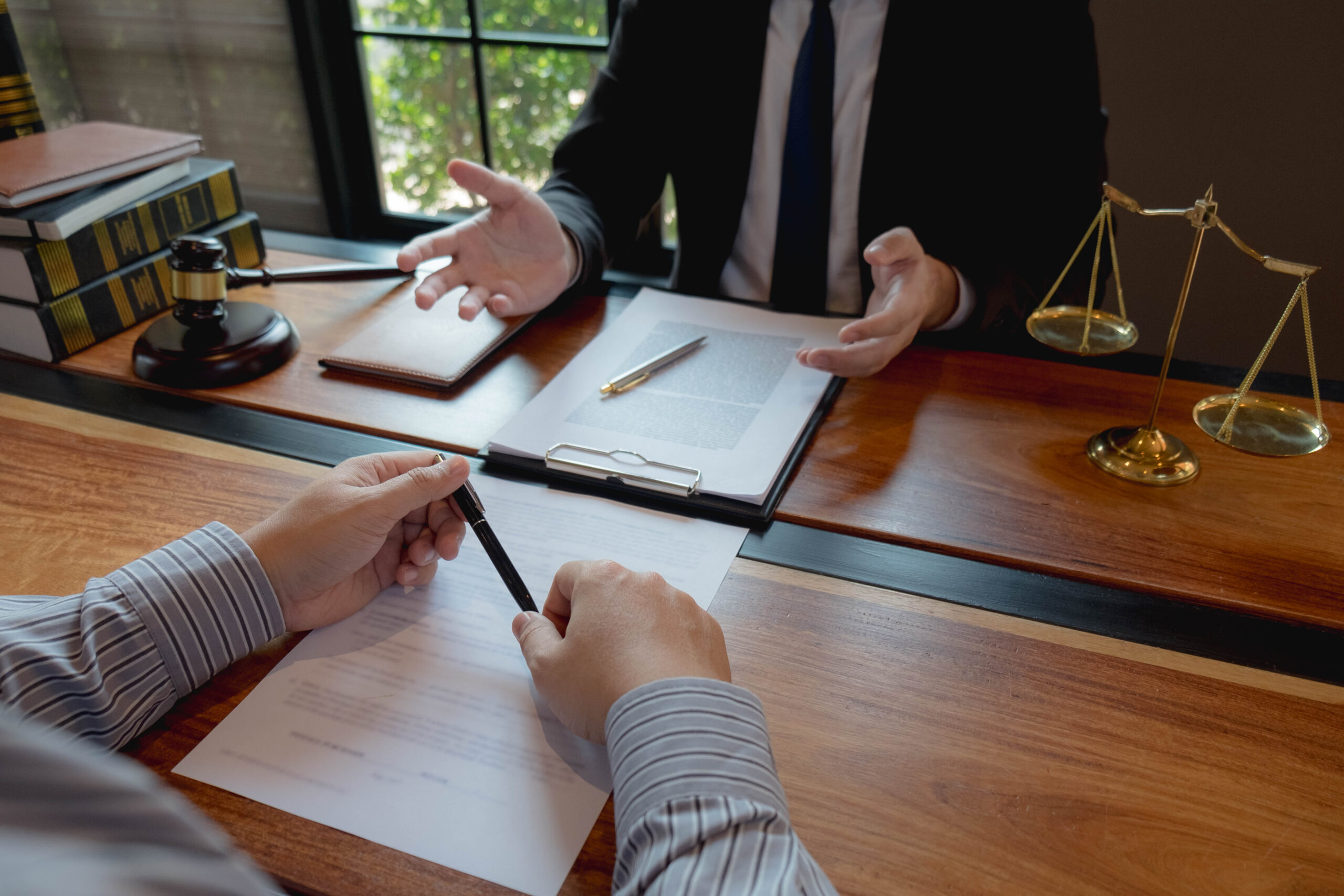Following a motorcycle accident, it might be necessary to file a lawsuit against the at-fault driver and their insurance company to recover compensation. Some insurance companies make unreasonably low offers and refuse to settle fairly, and others deny valid claims outright by blaming the motorcyclist. If you’re in this situation and have filed a formal lawsuit, you might need to go to a deposition. A motorcycle accident deposition is a tool either side can use to get more information from the opposing side, hear from witnesses, and evaluate their credibility before trial. These meetings are held outside of court but are still formal legal processes that are under oath and recorded by a court reporter. Scroll down to learn what you need to know about preparing for a deposition.
Why Are Depositions Scheduled?
In Missouri, the defendant can depose you to learn more information about you and your injuries. Depositions help both sides understand the facts of the case and evaluate the credibility of witnesses. Testimony at a deposition can be used at trial to cross-examine a witness if they testify differently.
In many cases, depositions allow both sides to fully evaluate witnesses and the evidence to determine whether it’s best to settle or move forward to trial. If you do go to trial, evidence and testimony presented at the deposition will likely also be presented in court.
When a deposition is scheduled, you’ll receive a subpoena. This means you must appear or face a potential contempt of court charge. Even if you are held in contempt, that won’t prevent you from being deposed. Instead, you’ll still have to submit to a deposition.
Preparing for Your Deposition
Thankfully, you and your attorney will know the date of your motorcycle accident deposition well before the date. This gives you adequate time to prepare.
Your attorney will attend the deposition with you and can cross-examine any witnesses called by defense counsel. Your attorney might also subpoena witnesses and call them to support your claim. Your attorney can object to questions that are outside of the bounds of what is allowed under the Rules of Evidence.
To prepare, you should take the following steps:
- Meet with a lawyer if you don’t already have one. Your lawyer will help you understand what to expect at the deposition and prepare accordingly.
- Review the documents and reports from your case, making sure you know the relevant times and dates and any descriptions or statements you have provided before about what happened and your injuries to maintain consistency.
- Know the types of questions you will likely be asked during the deposition, and prepare how to answer them succinctly and precisely.
- Complete several mock sessions with your attorney. Your lawyer can ask you likely questions in the same style you might expect and help you understand any mistakes you make so you don’t repeat them at the actual motorcycle accident deposition.
Common Questions at a Deposition
At a deposition, the defense lawyer will try to either reduce how much they might have to offer to settle your claim or avoid the defendant’s liability altogether by blaming you. To accomplish these goals, they might ask questions relating to the following subjects:
- Your background and job
- Pre-existing health conditions or injuries and other health information before and after your accident
- Details about the accident
- Information from your claim and accident reports
- Witnesses who saw what happened
- People who were there when your injuries occurred
- Your recovery and time off from work
- How the injuries have affected your life and preferred activities
- Your out-of-pocket expenses and other losses
- Past involvement in litigation
- Criminal record information
You shouldn’t refuse to answer a question at a deposition, but you can pause to allow your attorney to interject with an objection if you are asked something unreasonable. If you don’t know the answer to something, don’t speculate. Instead, you can simply tell them you don’t recall or don’t know. Ask for clarification if you don’t understand a question before answering.
Contact Our Motorcycle Accident Attorneys
A motorcycle accident can change the course of your life. If you’re having trouble recovering compensation for your accident-related injuries and losses, talk to an experienced accident lawyer at the Law Offices of Bryan Musgrave by calling us for a free consultation at 417-322-2222 or contacting us online.

